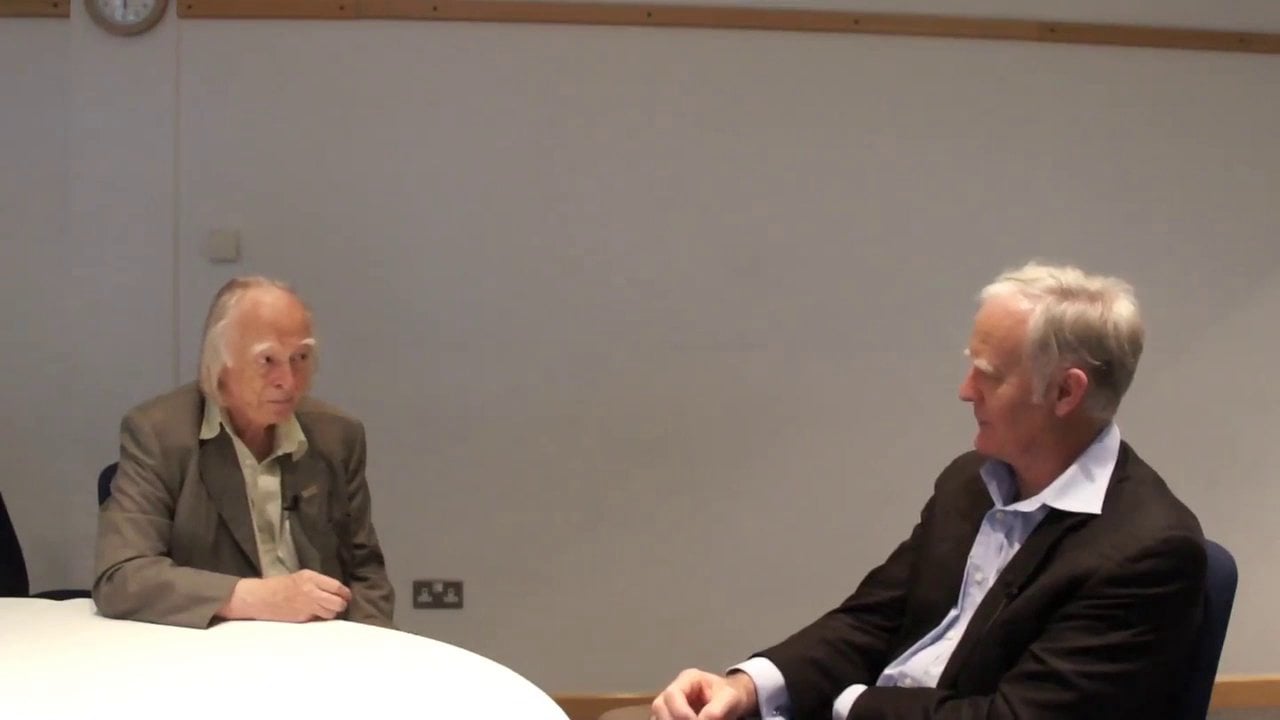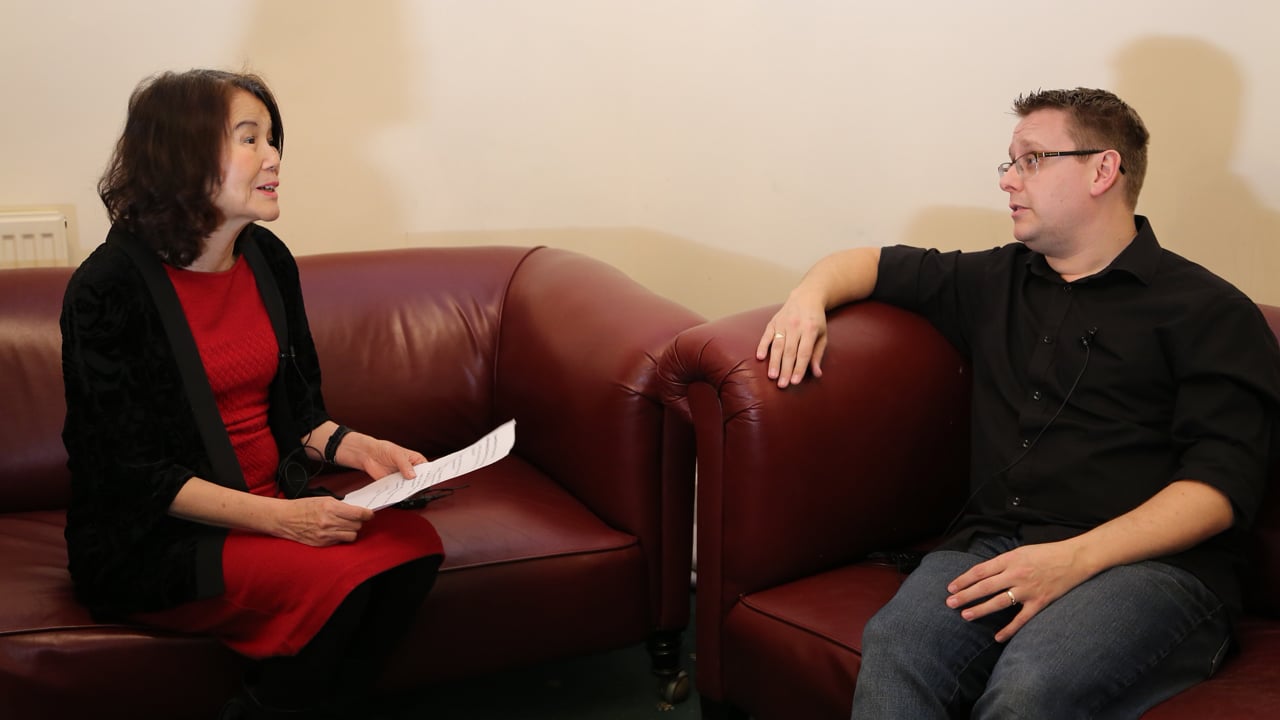
Recorded May 2009: Neo-darwinism faces its strongest critic
part 1 part 2 part 3
see also The Revolution in Evolutionary Biology
and Commentary by James MacAllister
The underground lecture hall of Balliol College in the University of Oxford was already full. In fact, people were queuing all the way up the staircase, ears alert to hear the intellectual explosions as the two titans of evolutionary theory faced each other in debate. Richard Dawkins on one side, champion since writing The Selfish Gene in 1976 of the neo-Darwinist view that evolution happens via accumulation of random mutations in DNA, followed by natural selection. Lynn Margulis on the other, champion of the theory of symbiogenesis, which says that the major steps of evolution have involved re-organisation and fusion of genomes. The supporting cast was also highly distinguished: Martin Brasier, author of Darwin’s Lost World and expert on the pre-Cambrian fossils, Stephen Bell, microbiologist and expert on the origins of the prokaryotes, while the debate was chaired by VOX presenter, Denis Noble, author of The Music of Life.
The audience too contained some high-powered people, some of them from the seminar series that have now become part of the Balliol Interdisciplinary Institute (BII). Controversy is there in the debate, and the people concerned, both from the audience and the debaters, did not pull punches. It was a unique event.
Lynn Margulis was the Eastman Visiting Professor and Fellow of Balliol, 2008-9. Sadly, she died on 22 November 2011. Therefore this debate can never be repeated, and the VOX recording of it is precious for that reason alone. But it is also precious because it reflects the current turmoil in the world of evolutionary biology. In fact, all the major assumptions of neo-Darwinism have been challenged. Jim Shapiro’s book Evolution, a view from the 21st century shows that mutations have been far from random, that sharing and exchange of DNA is ubiquitous and favours Barbara McClintock’s view that the ‘genome is an organ of the cell’ (McClintock won a Nobel prize for discovering ‘jumping genes’). Meanwhile, the great originator of socio-biology, E.O.Wilson has done a highly controversial volte-face in switching from the idea that all altruism originates from selfish genes flourishing through kin-selection to the idea that co-operation is also essential and that selection can occur at higher levels than the gene. The debate is therefore a great contribution to a much wider movement of opinion in biological science.
As Chairman of the debate I admit to taking a very different view of Biology from Richard Dawkins. But I also admire his writing skill, his ease of communication with the general public, evident in many of his books and broadcasts, and I also think we owe him a big vote of thanks for so generously taking part in the debate, all through the four hours that it lasted. He referred in his opening remarks to neo-darwinism as a theory that “had taken some stick” recently. No-one could doubt that he had Lynn in mind. He also anticipated – or tried to defuse? – some of Lynn’s anticipated remarks by saying to Lynn: “I don’t believe you go far enough!” Lynn and Richard had of course exchanged some pretty rough words about each other’s theories in various public pronouncements. Some of those remarks are almost unprintable. I was therefore a little concerned about how the debate might be chaired.
In the event, I need not have worried. While no-one pulls punches, it is all conducted in typical Oxford style. The audience participation was great. It begins with Jonathan Bard, a developmental biologist openly challenging the selfish gene view by asking ‘what is the use of your theory?’
The debate lasted four hours and is in three parts. To go direct to each part. click on the links:
Denis Noble, December 2012
Viewers may also like to see
The Revolution in Evolutionary Biology
Commentary by James MacAllister (includes many highlights of the debate and an afterword by Denis Noble)
Answers to common questions on the internet
The Physiological Society: The integration of evolutionary biology with physiological science



